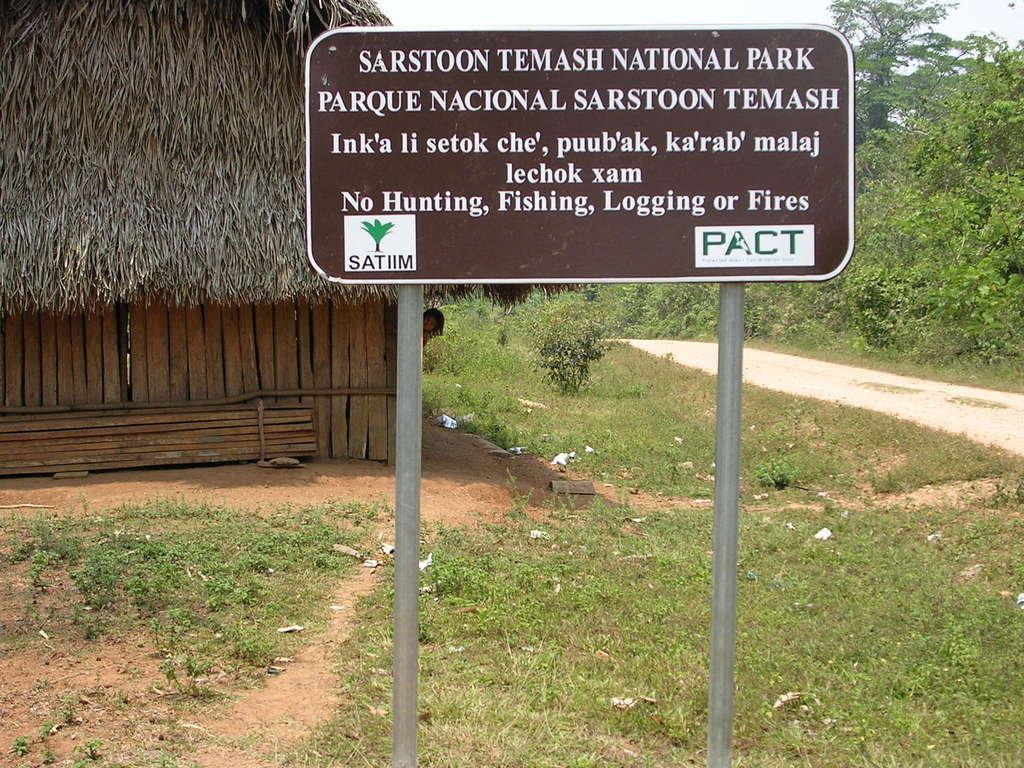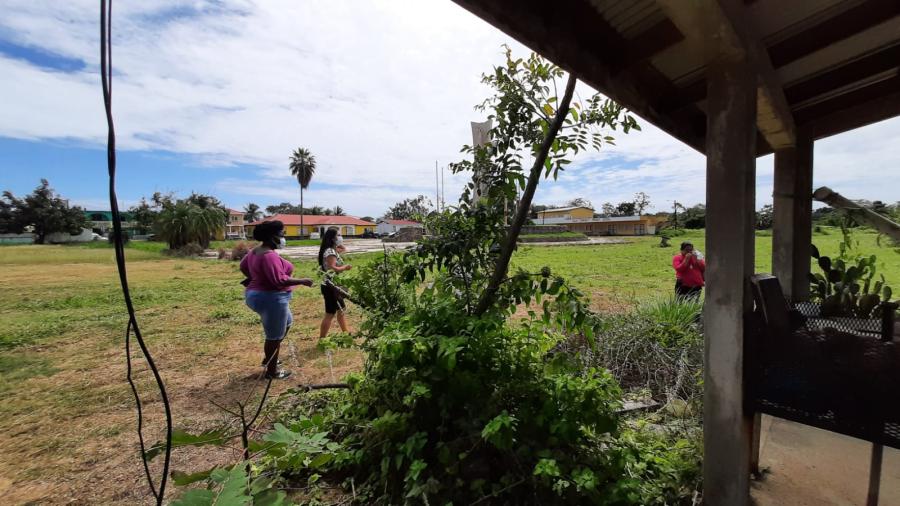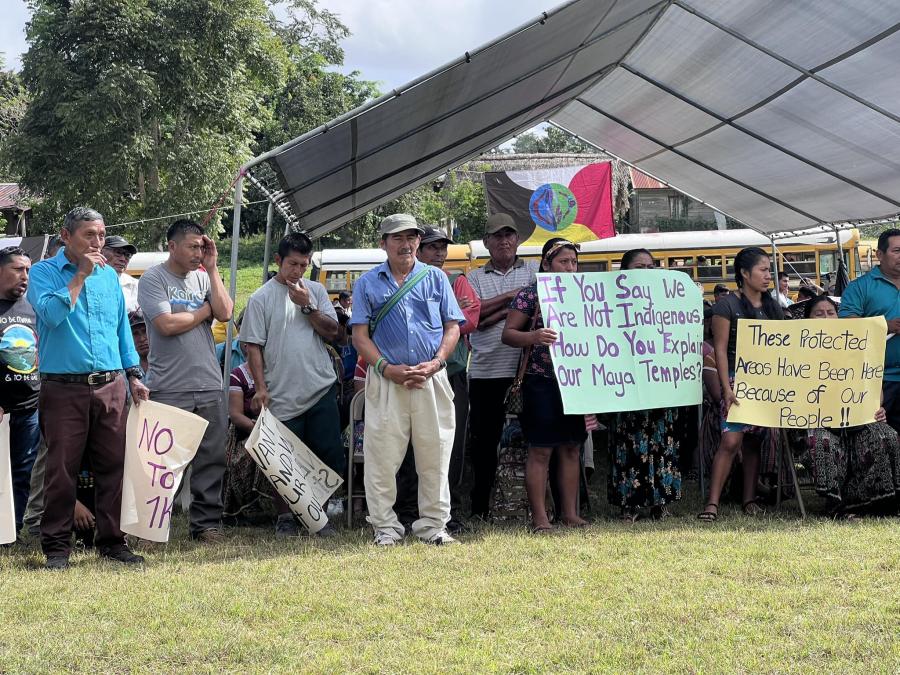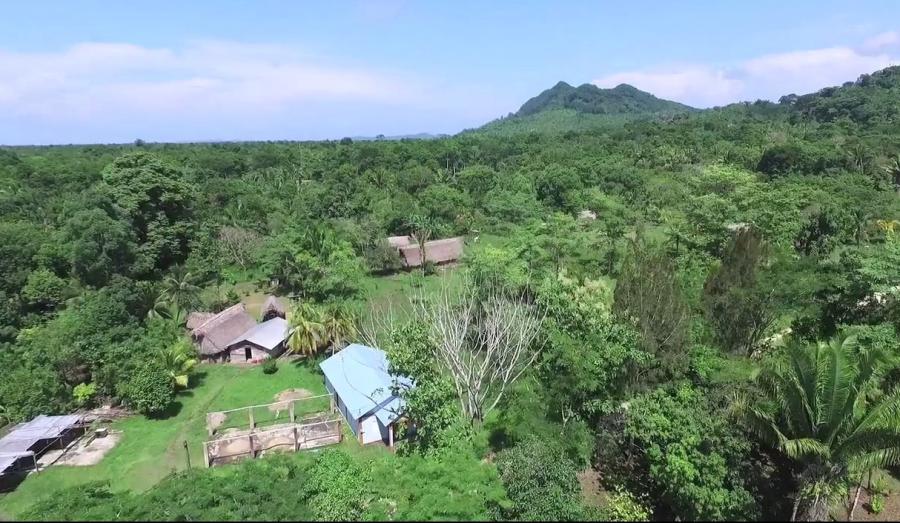
On July 24, Andres Bol, an Indigenous resident of Crique Carco village, Belize, stood in front of a room of 115 Mayan villagers, and delivered the following message:
“I want to be clear here that we have never said that we do not want development – we want development, but we recognize that it will not occur if we do no not alter and change the equation and how the benefit and the resources of our land is going to be distributed. We don’t want the company to say, ‘yes, you’re going to get a bridge and benefits’ – we want agreements and contracts between ourselves and the community so that we can hold [the company] accountable. Words are too cheap and easy to say and we have learned from experiences in the past that it doesn’t mean anything in the end.”
In doing so, Bol summed up in one paragraph the extreme importance of free, prior, and informed consent (FPIC) and the need for Indigenous people to understand and actively participate in development programs concerning their communities.
Bol was participating in a press conference explaining why the Sarstoon-Temash Institute for Indigenous Management, along with four Mayan villages, are filing a lawsuit against the government of Belize and US Capital Energy, a Texas-based oil company. Despite two previous court rulings in 2007 and 2010 giving Maya communities customary title to the lands they traditionally use and occupy, in accordance with their ancestral land tenure system as well as Belize’s ratification of the UN Declaration on the Rights of Indigenous Peoples (UNDRIP), the Belize government has issued permits to US Capital Energy for oil exploration in the Sarstoon-Temash National Park. The company has already cut over 200 miles of seismic trail for oil exploration in the Sarstoon Temash National Park and traditional Maya territories, resulting in forest fires that have destroyed 400 acres of forest to date, as well as cut an access road four miles long and forty feet wide going into the forest.
These early court rulings were wins for Indigenous Peoples rights, but recently Belize , along with US Capital Energy, have been backsliding on their commitments to free, prior, and informed consent (FPIC), an international standard requiring the full consultation and inclusion of Indigenous communities in development projects proposed by corporations, governments, and NGOs. US Capital Energy did hold a community meeting to spread information regarding the proposed oil drilling, but the meeting was flawed on many levels. The building in which the meeting was held was too small to accommodate the majority of community members who traveled to attend, technical information about the project was not accurately translated into the Indigenous language, and spokespeople from the community were forcibly silenced when they tried to voice opposition to the plan. Afterwards, SATIIM and other local organizations consulted a team of human rights and environmental lawyers and moved forward with a lawsuit against the company and the government.
As Eamon Courtney, attorney for the claimants says, “There are two judgments of the Supreme Court of Belize which state specifically that the owners of that land are the Maya Indigenous Peoples under communal title. So the government, I believe, will have to rationalize their legal position and who has the final say in the terms of the exploitation, exploration, and development of that land. Suffice it to say that at this stage, it is our view that the Indigenous People who have had the ownership and control of this land for centuries are the persons who need to be consulted and whose permission and approval need to be got.”
“I mean, it is an oxymoron for you to have a national park and at the same time tell someone that they can go and drill for oil on it,” he added.
In a further violation of justice, the Forestry Department of Belize has formally terminated its working relationship with SATIIM as it relates to the management of the national park. SATIIM has had an official co-management agreement with the Forestry Department, and though the written agreement expired in 2009, they have since been managing the park based on a verbal agreement with Prime Minister Dean Burrow. Following SATIIM’s lawsuit, the government has officially banned the organization from entering the park.
As Greg Ch’oc, executive director of SATIIM, explains, “In accordance with this decision, SATIIM is being informed that it is no longer authorized to assess access to the national park and that it is to refrain from undertaking any negotiation or related business associated with the park and the usual park management. I want to make clear here the wishes of the communities that the park is Indigenous land. As a people, we have sacrificed – we have been denied access to the very land that we own. We have recognized and we have always recognized the importance of safeguarding and protecting our natural resources. And I want to tell the Forestry Department and the government of Belize that SATIIM will continue to manage and protect the national park, because it is in our interest and in the interest of the Belizean people.”
This case clearly demonstrates the importance of clearly defining and respecting FPIC – US Capital Energy must provide accurate, understandable information to the community, and the Belize government should not be able to disregard previous court rulings outlining the rights of the Maya in regards to the national park. FPIC should be within the interest of corporations themselves – this pending lawsuit and the protests that will result from the eviction of SATIIM from the national park will likely delay the project and bring negative attention to the US Capital Energy.
The case also highlights the fact that Indigenous communities need to clearly define their development goals and contracts with outside organizations. As Bol stated, it’s not that Indigenous communities are not interested in development; rather, they are not interested in the exploitation, eviction, poverty, and cultural destruction that all too often result from development projects implemented by companies and governments that disregard the role of Indigenous Peoples in controlling decisions on their traditional lands. As Juan Ico, another community meeting participants from Midway Village, stated, “They’re saying that the villages in the Sarstoon area are developing, but how can we develop if we are not even involved? Can we really develop with part-time employment in the company? We are not asleep anymore – we want to benefit and that is the bottom line. US Capital is among us but we do not see any benefit – we want to ensure that when we give our consent that there is concrete action and benefit derived from the exploitation of our resources.



